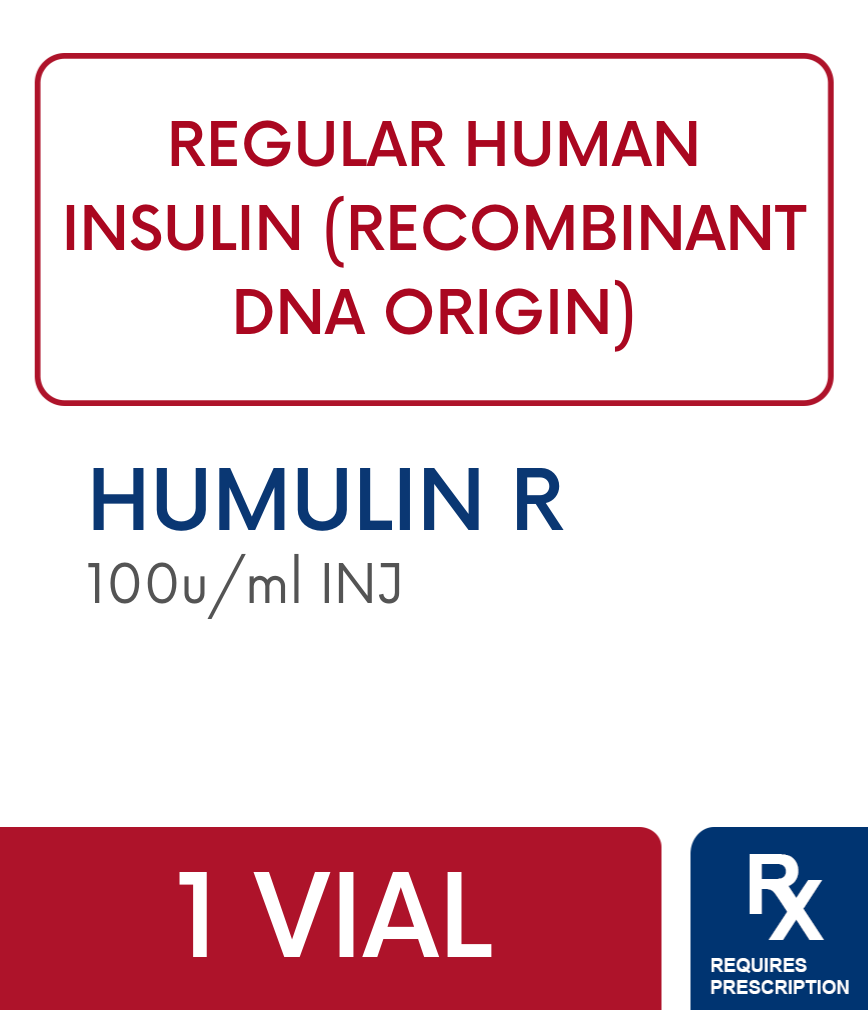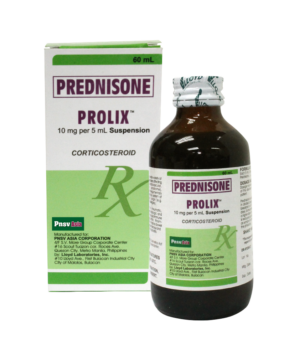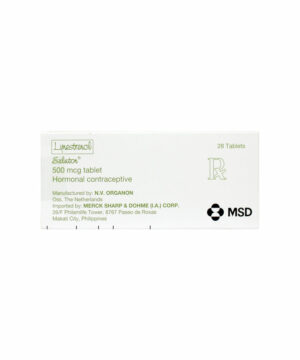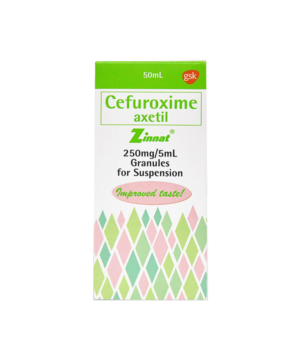Description
HUMULIN R VL 10 ML
Indications / Uses :
Treatment of patients with diabetes mellitus, for the control of hyperglycemia.
Administration :
Contraindications :Protamine zinc and isophane insulin, and insulin zinc suspensions should never be given IV and are not indicated for hyperglycemic coma.
Hypoglycemia.
Special Precautions :
Dosage schedule has been individualized for each patient, because each case of diabetes is different. Consult a physician on the type of insulin, dosage strength and when to inject the insulin.
The usual insulin dose may be affected by changes in food intake, activity or work schedule. The patient should carefully follow the physician’s instructions to allow for these changes. Other things that may affect the insulin dose are: Illness: Illness, especially with nausea and vomiting, may cause insulin requirements to change. Even if the patient is not eating, insulin will still be required. The patient and the physician should establish a sick-day plan to use in case of illness. When sick, test blood/urine frequently and the patient should consult physician as instructed.
Exercise: Exercise may lower the body’s need for insulin during and for some time after the activity. Exercise may also speed up the effect of an insulin dose, especially if the exercise involves the area of injection site (eg, the leg should not be used for injection just prior to running). Discuss with the physician how to adjust dosage regimen to accommodate exercise.
Travel: Persons traveling across >2 time zones should consult their physician concerning adjustments in their insulin schedule.
Hyperglycemia and Diabetic Acidosis: Hyperglycemia (too much glucose in the blood) may develop if the body has too little insulin. Hyperglycemia can be brought about by: Omitting insulin intake or taking less than the physician has prescribed; eating significantly more than the suggested meal plan and developing fever, infection or other significant stressful situation.
In patients with insulin-dependent diabetes, prolonged hyperglycemia can result in diabetic acidosis. The first symptoms of diabetic acidosis usually come on gradually over a period of hours or days, and include a drowsy feeling, flushed face, thirst, loss of appetite and fruity odor of the breath. With acidosis, urine tests show large amounts of glucose and acetone. Heavy breathing and rapid pulse are more severe symptoms. If uncorrected, prolonged hyperglycemia or diabetic acidosis can lead to nausea, vomiting, dehydration, loss of consciousness or death. Therefore, it is important that the patient obtain medical assistance immediately.
Lipodystrophy: Rarely, administration of insulin SC can result in lipoatrophy (depression in the skin) or lipohypertrophy (enlargement or thickening of tissue). If either of these conditions is noticed, consult a physician. A change in the injection technique may help alleviate the problem.
Allergy to Insulin: Local Allergy: Patients occasionally experience redness, swelling and itching at the site of injection of insulin. This condition, called local allergy, usually clears up in a few days to a few weeks. In some instances, this condition may be related to factors other than insulin eg, irritants in the skin cleansing agent or poor injection technique. If local reactions occur, consult a physician.
Systemic Allergy: Less common, but potentially more serious, is generalized allergy to insulin, which may cause rash over the whole body, shortness of breath, wheezing, reduction in blood pressure, fast pulse or sweating. Severe cases of generalized allergy may be life-threatening. If generalized allergic reaction to insulin occur, notify a physcian immediately.













Reviews
There are no reviews yet.